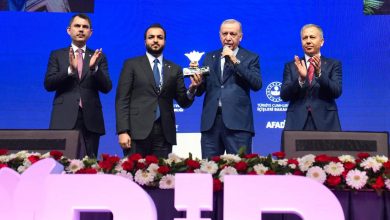
Coronavirus eliminates “the Yorkshire Ripper”
كورونا يقضي على سفاح يوركشاير
DPA
London: Peter Sutcliffe, the murderer, known as the “Yorkshire Ripper” after he killed 13 women in northern England decades ago, died in a hospital.
The tests showed that the 74-year-old was infected with Coronavirus, but he refused to receive treatment, according to the Prison’s Authority.
Sutcliffe, a former grave digger, was sentenced to life in prison in 1981 after he killed 13 women in five years. He was trying to kill seven others, and it was also found that he was behind a number of other crimes.
د ب أ
لندن: تُوفي بيتر ساتكليف، القاتل، المعروف باسم «سفاح يوركشاير» بعد أن قتل 13 امرأةً في شمال إنجلترا قبل عقود، في المُستشفى. وأظهرت الاختبارات إصابة السفاح 74 عامًا بفيروس كورونا، لكنه رفض تلقي العلاج، حسب مصلحة السجون. كان قد حكم على ساتكليف، وهو نباش قبور سابق، بالسجن مدى الحياة في عام 1981بعد أن قتل 13 امرأةً، خلال خمس سنوات. وكان يحاول قتل سبع أخريات، وتبيّن أيضًا أنه وراء عدد من الجرائم الأخرى.



